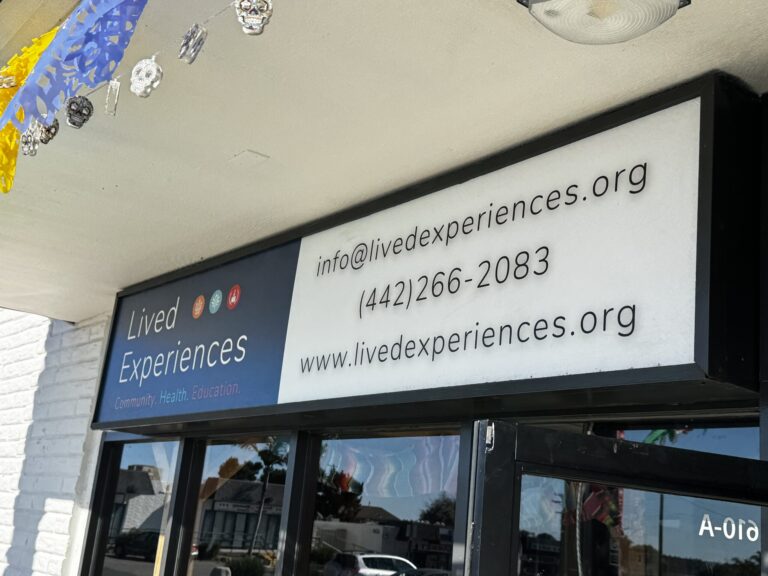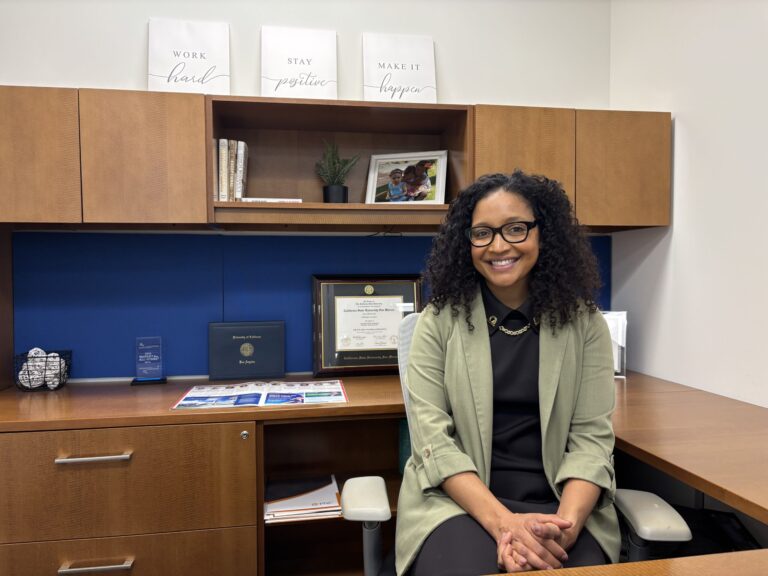By Gordon Chavez, Financial Advisor
Why is understanding money so important? Because it shapes nearly every aspect of our lives—where we live, what we eat, how we manage our health and education, and even how much time we spend with family. The more we understand how to manage money, the more control we have over these factors. So, where do we start?
Key Financial Concepts to Know
Budgeting: There are many budgeting strategies out there, but one of the most powerful is “paying yourself first.” As my friend Bryan Taylor puts it, “Pay yourself first, through a retirement plan/account or having money automatically going into a savings account.” This simple habit can ensure financial stability for you and your family.
Saving: Building a saving habit is essential. A great rule of thumb is to set aside at least 10% of every dollar you earn. While most savings go toward retirement, finding accounts that earn interest can help your money grow. We work hard for our money, but our money should also work for us.
Investing: Many people avoid investing due to fear or uncertainty. While keeping money in a bank account feels secure, investing wisely can build wealth over time. Learning how to start small and minimize risks can make a big difference.
Taxes: Taxes are unavoidable but understanding them can help reduce their impact. We pay taxes when we earn, spend, save, and invest—sometimes even after we pass away. Knowing tax strategies can help keep more of your hard-earned money in your pocket.
Credit: Good credit is key to making major purchases like a home or car. Understanding how to build and maintain strong credit can mean the difference between financial freedom and unnecessary debt.
Controlling Your Financial Future
Managing money may seem overwhelming, but don’t let that feeling stop you. When you’re young, experimenting and learning is part of the process. As you accumulate wealth, focus on growing and protecting it. Nearing retirement? Shift toward distribution and preservation.
As my friend Edward E. Marshall III wisely says, “When it comes to financial literacy in our 50s, the focus shifts significantly towards preparing for and transitioning into retirement.”




